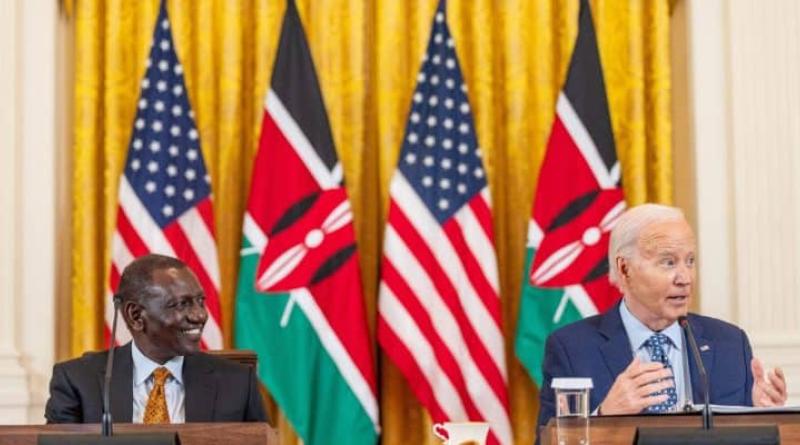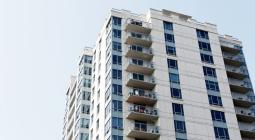Kenyan president returns from Washington with $200m for sustainable housing and EVs

President William Ruto is back in Kenya after a week of diplomatic exchanges, trade negotiations and partnership signings in the United States of America. Of particular note is the $200 million pledged by the US to support sustainable housing and electric mobility in Nairobi.
It has been more than fifteen years since the White House last received an African leader on a state visit. And it is Kenya, a country with sixty years of bilateral cooperation with the United States of America, that has been chosen to renew this diplomatic tradition. During his stay in Washington D.C. from 20 to 25 May, President William Ruto reaffirmed his desire to act as a mediator between Africa and the West.
This message was well received by his counterpart Joe Biden at a time when the dual influence of Russia and China is advancing on the continent. The American President, who is counting on police reinforcements in Nairobi to defuse the escalation of gangs in Haiti, is also aware of the economic challenges facing the Kenyan people.
Financing electric mobility in Nairobi
During this presidential trip, the US Development Finance Corporation (DFC) signed a series of agreements with Kenya worth a total of $251 million. In this package of funding, $180 million will be devoted to sustainable housing and $20 million to electric mobility.
These are priority areas in the sustainable development strategy of this East African country plagued by atmospheric pollution. The 20 million dollars will be divided equally between the start-ups BasiGo to strengthen its fleet of electric buses and Mogo Auto Kenya to democratise financial technologies in the automotive sector.
Support for the construction of “affordable” housing
The largest part of the funding announced by the DFC during William Ruto’s state visit to Washington D.C. is the $180 million earmarked for sustainable housing. The money will be used to “build and operate new affordable rental housing”. The project is managed by Nairobi-based real estate company Acorn Holdings.
It is a response to the housing shortage that currently affects up to 1.5 million Kenyan city dwellers (figures from the NGO Habitat for Humanity), particularly students. On completion of the work, students will benefit from an additional 48,000 beds built using local materials. This initiative comes just a few weeks after the promulgation of Kenya’s new law on affordable housing.





